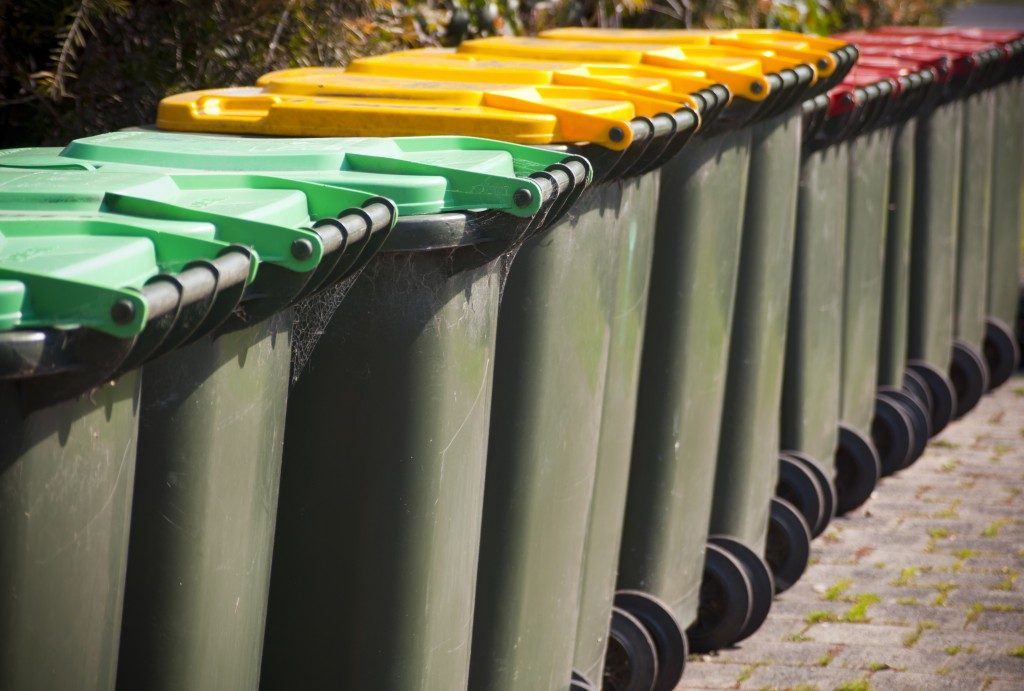Commercial and industrial establishments produce tons of waste material and by-products in their daily operations. However, waste management may not be among a company’s list of prioritised operations as it’s typically seen more like a chore and extra cost and doesn’t provide any profit. But numerous companies have shown that proper waste management can be beneficial to both the company and the environment.
Benefits
Proper waste management could cut a company’s cost by recycling materials and even wastewater. Recycled materials and wastewater leads to less cost in production and, thus, allowing the company to produce at lower prices or higher profit margins. Additionally, a company that’s known to properly manage their waste and practice recycling are seen as environmentally responsible or “green” which helps with the company’s image, thus attracting customers and motivating employees.
So let’s take a look at tips and strategies your company could employ to properly manage your business’ wastes and reap the benefits of proper waste management:
Know Your Waste
It’s possible that your company isn’t entirely aware of how much and what kind of wastes your operations produce, but only mind how much you’ve been paying for waste disposal and transportation. But to improve your company’s waste management plan and coming up with waste management solutions, you’ll want to account the volume and types of waste you regularly produce. Check out each part of your operations and see what wastes they produce and determine the types of wastes you can recycle. You should also look into how much water your company uses and how much wastewater it produces.
Waste Reduction
After inspecting your company’s production processes and operations that produce waste, you’ll be able to identify the most common wastes being produced and could perhaps streamline or improve your operations to reduce wastes. For example, if you see that your office operations produce volumes of paper waste on reports and documents that don’t necessarily need to be printed out, revise your company’s paper-and-paperless policies to limit paper wastes. The bottom line is that you need to identify areas of your operations to reduce excessive and wasteful use of raw materials and goods.
Recycling
Once you’ve identified and accounted for all the wastes your company produces, you’ll have to determine which one can be recycled. If your company produces several litres of wastewater in its operations, see if having an on-site water recycling system could be installed and integrated into your operations to reuse wastewater and cut the costs for fresh water and in transporting wastewater. If your company produces a lot of solid (non-toxic or biohazard or chemical) wastes such as wirings, wood chips, metal shavings, try to find ways wherein you can re-use these waste on other products or as spare parts for repairs to cut costs and reduce wastes going to landfills.
Partner With A Waste Management Company

If you lack the expertise, time, or manpower for waste management, you can always partner with a waste management company to help you out with dealing with your company’s waste. That way, your wastes are professionally and legally taken care of, and they can sometimes help you identify ways to recycle or reduce your waste, as well as help you develop your company’s waste management plan.
Conclusion
Proper waste management could be advantageous to your company, environment, and society. So make sure to keep these basic tips and strategies in mind when developing and improving your company’s waste management planning and practices.
